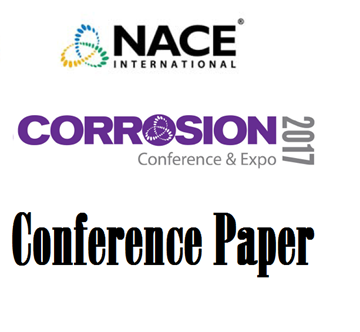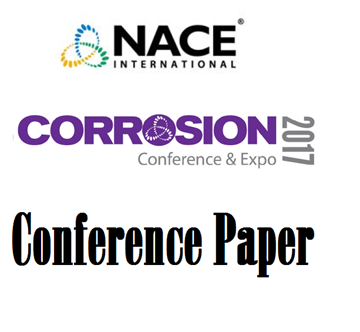Search
51315-6153-Impact and Interaction of Water Chloride and Acetic Acid on the Corrosion Behavior of Aluminum in Ethanol Blended Gasoline Fuels
Also Purchased
Materials Compatibility Issues in Biofuels – A Review
Product Number:
51317-10039-SG
ISBN:
0039 2017 CP
Publication Date:
2017
$20.00
Evaluation of the Resistance of Metallic Tank Materials Under the Influence of Biofuels
Product Number:
51317--8854-SG
ISBN:
8854 2017 CP
Publication Date:
2017
$20.00
10078 Corrosivity of Anhyddrous Etthanol, Hydrated Ethanol and Fuel E25 (25% Ethanol/75% Gasoline)
Product Number:
51300-10078-SG
ISBN:
10078 2010 CP
Publication Date:
2010
$20.00




